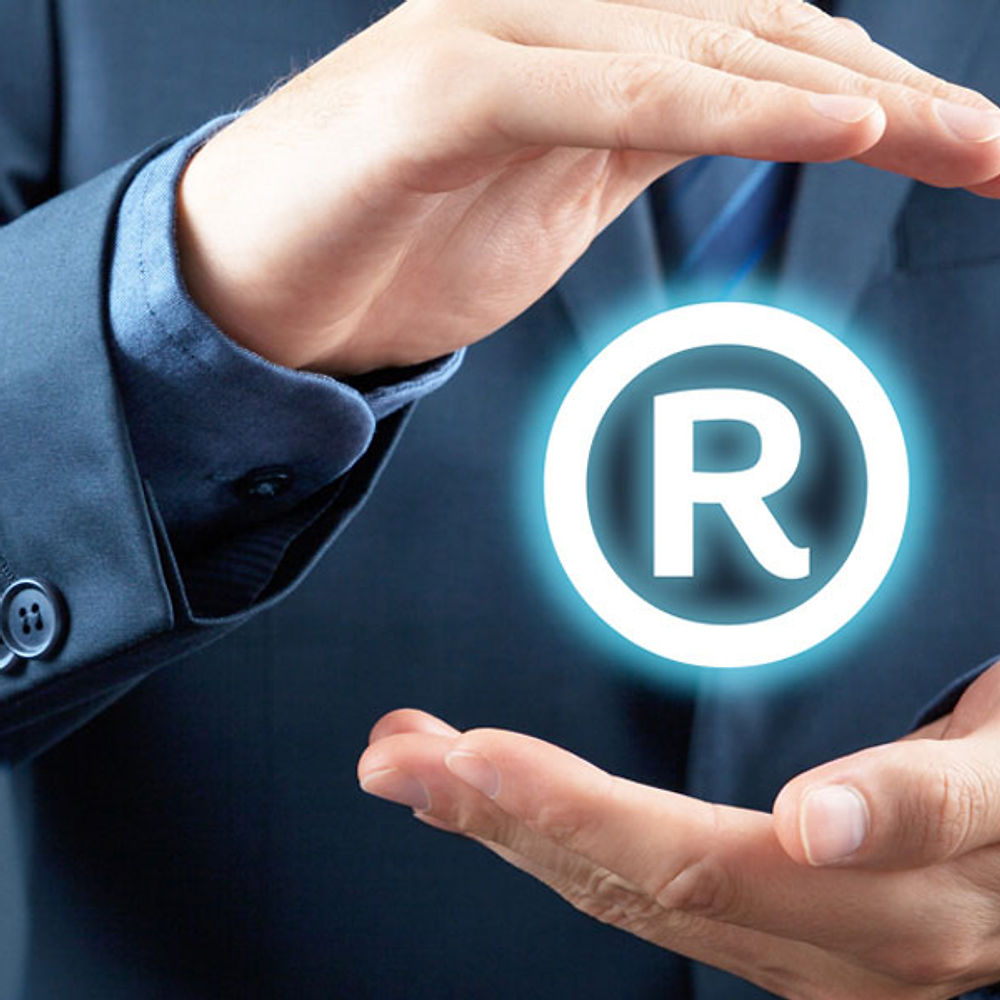Differences between trademarks and Patents
In the current moment, in which entrepreneurship and startups grow every day, it becomes more common to seek to register your trademark and patent your product.
Both services are provided by the National Institute of Industrial property – INPI, and are based on Law No. 9,279/1996 (Industrial Property Law), but do all entrepreneurs know the real difference between the trademark and the patent?
The brand is the showcase of your business or the identity of your product/service, that is, it is the sign, the design, the name by which your business or product/service will be known by your customers and competitors.
Trademark registration prevents others from using it without your consent, that is, trademark registration is a protection for your business or for your product/service.
In addition, with the registration of the brand and over time, your brand can become more valuable, as is the example of Nike, McDonalds and other brands, which only with a simple design or symbol, it is already possible to identify its strength and significance in the market.
Trademarks may be registered for:
Products or services, that is, the mark is used to distinguish products or services from other identical;
certification, which is used to certify the conformity of a product or service with certain technical standards; and
Collective, which are the brands used to identify products or services that belong to the same entity, such as the P&G group, The Coca Cola Company, etc.
Brands can be composed of words (nominative), drawings and symbols (figurative), the combination of these elements or their own stylized spelling (mixed) or their shape (three – dimensional), such as the stylized bottle in Coca Cola’s Fanta soda-The Shape of the product bottle is part of your brand.
When a trademark is registered with the INPI, its use in Brazil becomes exclusive for 10 years from the date of Grant, and this period may be extended for successive periods of 10 years.
Patents, on the other hand, are a form of protection for innovative products/production methods. It is a protection to inventions, linked to new products, new technologies, new manufacturing processes etc.
Patent protection is granted for a certain period, and after this time, the invention loses its exclusivity in the commercial market and other companies can use it.
It is important to mention that once the patent is registered, it already becomes public. For this reason The Coca-Cola company never registered the formula of the famous soda, for example.
With the granting of the patent, there is the exclusivity of the commercialization and use of the product innovation as a whole, for a period of between 15 and 20 years, in addition to enabling commercial exploitation via licensing.
To be patentable, the invention must meet some requirements, such as:
Novelty: when the invention constitutes something unknown to the scientific community;
Inventive step: when the author of the invention demonstrates that the invention came through his effort, and not by mere chance;
Industrial application: it concerns the utility that the invention has, that is, the invention must be useful.
In conclusion, it is important to highlight what are the types of patents that exist, that is, what are their natures:
Of invention-when it is an original Act arising from the creation and effort of man;
Utility model – when there is an inventive act that improves the functioning of a product, or in its manufacture.
Both the trademark and the patent are destined to the INPI, and are controlled and supervised by this federal government body, so that the registration certificate is received, in the case of trademarks, or the patent letter, in the case of patents.
On average, the granting by the INPI can take about 3 years, only in exceptional cases that this period can reach 10 years (Case of patents of difficult complexities, for example), but, despite the delay, the importance of these registrations and protections stand out the waiting time.
In this way, despite the relatively long process for the concession, the protection it brings to entrepreneurs becomes even more important for the development of their business.
Giovanna Luz Carlos
Lawyer, graduated in law with emphasis in Civil Law from Centro Universitário Padre Anchieta – FADIPA (2019) enrolled in the Brazilian Bar Association, São Paulo Section (OAB/SP).







Leave a Reply
Want to join the discussion?Feel free to contribute!